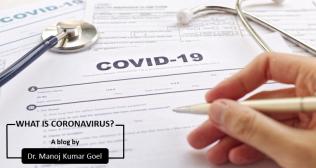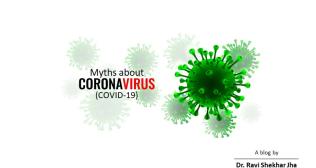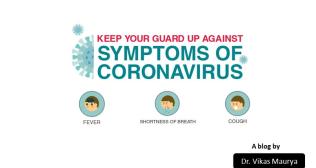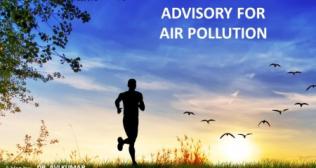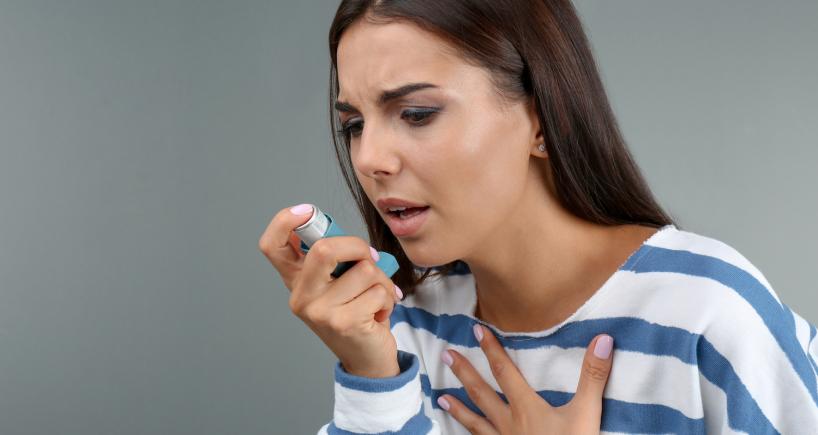
What To Do During an Asthma Attack?
Asthma is a condition in which a person’s airways get narrow, inflamed, and swollen which makes it hard to breathe. It is characterized by variable and recurring symptoms such as wheezing, coughing, chest tightness, and shortness of breath with episodes of flare-ups or asthma attacks.
An asthma attack is a sudden worsening of asthma symptoms. Attacks can come on quickly or gradually over a few days and may be life-threatening. Certain things such as colds, viral infections, allergic reactions to pollen, pets, dust mites, and exercise can worsen asthma symptoms. These are known as asthma triggers.
How to identify an asthma attack?
Your chest might feel tight or like someone is sitting on your chest or a feeling of having the air sucked out of you or trying to suck air in through a straw. You may start to wheeze and cough. You can also identify asthma attacks early by measuring the peak flow meter rates. Your peak flow rates can show you if your asthma worsens, even before you feel symptoms.
Signs of a Severe or Life-Threatening Asthma Attack
- Rapidly worsening shortness of breath or wheezing
- Inability to speak in full sentences
- Retractions (skin pulling in around ribs and neck with breathing)
- Blue or gray color on lips, face, or nails.
- Confusion, drowsiness, or inability to stay awake
- Little or no relief from a rescue inhaler
Who are at increased risk of suffering an asthma attack?
Those who are taking frequent asthma reliever medications.
Asthmatics with a history of asthma attacks, and severe asthma, have not been using inhaled corticorticosteroids, food allergies, and recently needed oral steroids to manage asthma.
What to do when you suffer an asthma attack?
Follow your asthma action plan provided by your treating physician and you should also use your reliever inhaler as soon as you start to have symptoms along with your routine asthma medications. If you have a serious attack or symptoms do not improve after taking your reliever medication, you may need medical attention.
Call your provider if you have
- Persistent symptoms even after following the instructions as per your asthma action plan
- Serious asthma attack
- Drop is oxygen saturation
In the above situation, you should go to the emergency department as soon as possible and you may receive medicine through a nebulizer or an intravenous line to control the asthma attack. In life-threatening situations, you may also need oxygen therapy or a ventilator to help you breathe.
How to minimize the risk of suffering an asthma attack?
1. By adhering to the treatment prescribed by your physician.
2. By following asthma action plan once you experience the worsening in your asthma symptoms.
3. By keeping track of your Peak Flow Meter readings and immediate action as per colour coding.
4. Vaccination against Flu and Pneumococcal bacterial infections.
The severity of an asthma attack can vary significantly from mild to life-threatening. Proper management and knowing what to do during an asthma attack can significantly improve outcomes and reduce the severity of attacks.
Categories
Clear allMeet the doctor

- Pulmonology | Pulmonology
-
40 Years
-
1400







